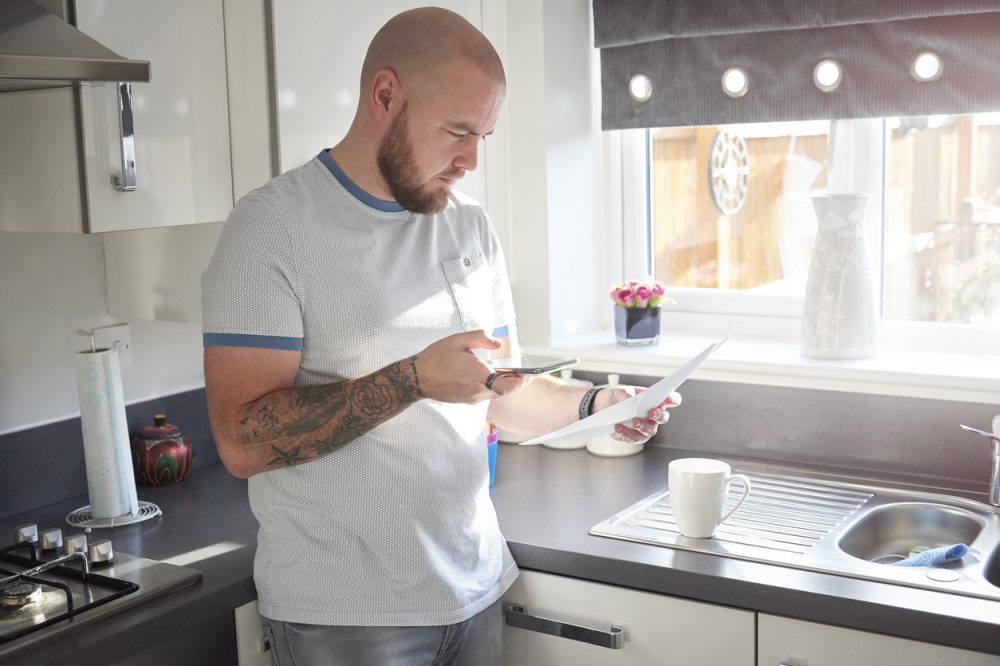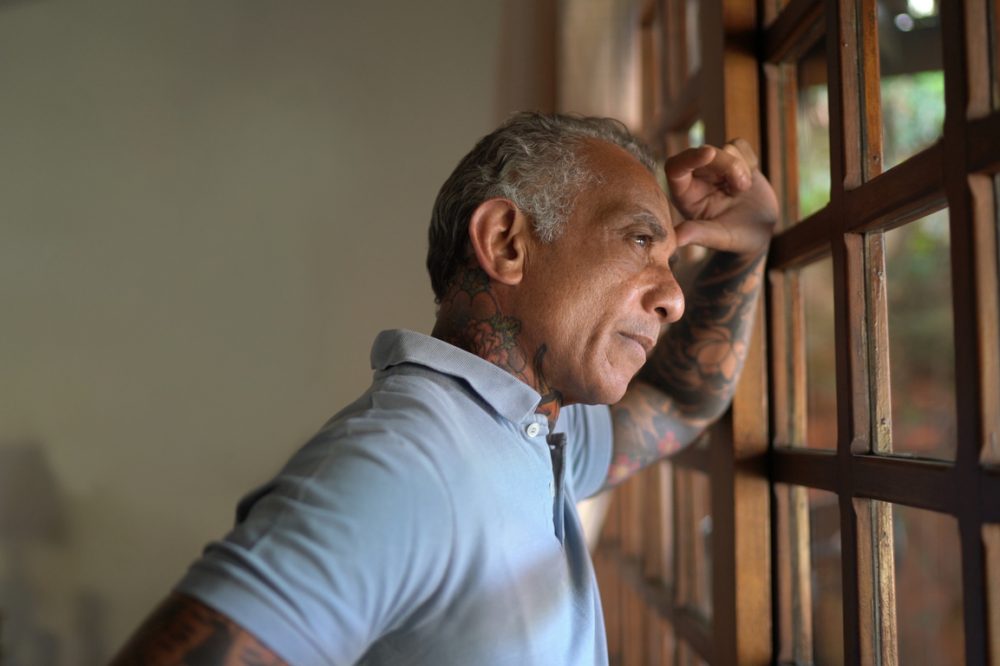Support from Social Networks
Family and friends are a major lifeline for justice-involved individuals, providing support and advice from pre-trial to post-release.
-
Category:

Key Findings
The Financial Health Network presents a look into 36 justice-involved individuals and their families, focusing on how their financial health affects their ability to navigate the U.S. criminal justice system and re-enter society. Our findings on support from social networks include:
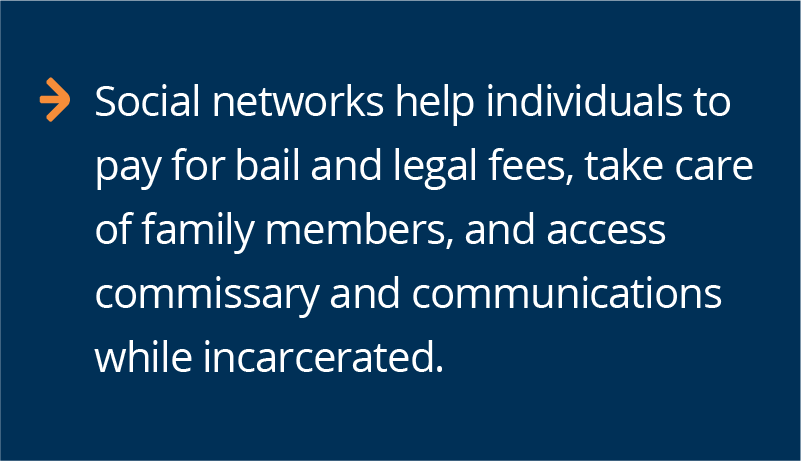
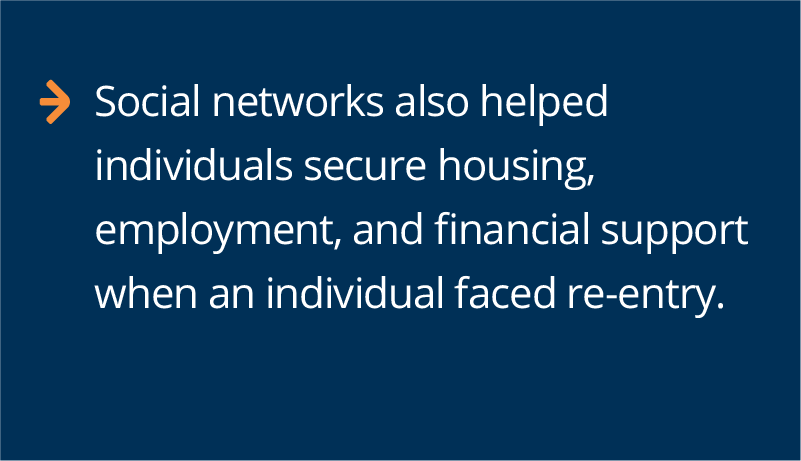
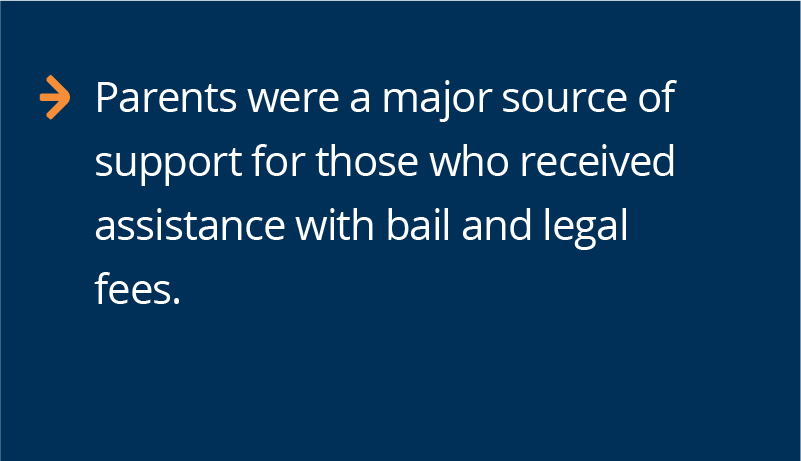
Pretrial Support from Family and Friends
Many individuals’ families and friends used retirement savings, took out loans, sold land, used inheritance, and spent down general savings to help pay for an incarcerated individuals’ bail and legal fees. For many individuals, family support allowed them to pay for bail or hire a private lawyer.
- “ …. we had to find an attorney on top of all that. And they wanted five to ten thousand upfront. And so, my dad helped with that.”
- One person shared that her friend put up their property for a property bond.
- One father took a $1,000 loan from his credit union to cover a 10% deposit of bail.
- One woman’s partner was able to pay the bail bondsperson thanks to Social Security contributions from his mother.
Contributing During Incarceration
Family and friends provided support while individuals were incarcerated, including helping fund their commissary and communications accounts, and watching over the children of incarcerated parents. While some families were able to send $50 to $100 every month to fund commissary and communications costs, others who contributed could only afford to do so intermittently.
- “… my parents would send some, but then the next time my grandparents, or the next time my sister. So… the same person wasn’t sending [money] each time.”
- One individual and his family couldn’t afford contributions. He explained what he went without: “Definitely a lack of hygiene, which is really important. Phone calls – I couldn’t get phone calls. Didn’t have my family. Wasn’t able to talk to my kids or anything, which made it really hard. Definitely the extras of food, which would’ve been nice.”
“You’d think, ‘oh my goodness, you’ve got to help him…. He needs certain things.’ So we’d just scrape up the money and do it.”
Creating Stability Upon Re-Entry
Multiple individuals who were formerly incarcerated credited their families and friends in ensuring that they had employment and stable housing when re-entering society. Some individuals stayed with family until they were back on their feet.
- “I worked, a friend of mine and his wife remodeled their house, and he paid me. Yeah, [my friend] paid me $15.00 an hour to help him.”
- “I went back home and I worked for my dad, and I think later on that summer I went back to college, started going back to college, but I still worked for him on the weekends.”
- “I lived with my dad. I stayed there a little bit longer and then I got my own place… I got a job and started having an income. I would say probably within maybe a little more than a year after I was out of jail I had gotten my own place.”
Seeking Advice to Rebuild Their Financial Lives
Individuals also credited their family support systems and financial institutions with helping them manage their finances. Aside from helping monetarily with expenses, family and community members also provided financial advice.
- One man shared that his mother and aunt managed his budget for a year and a half after release.
- One woman reached out to her former accounting teacher for advice when she was trying to get her finances back on track after her arrest.
- A few individuals shared that their bank or credit union helped them with financial planning.
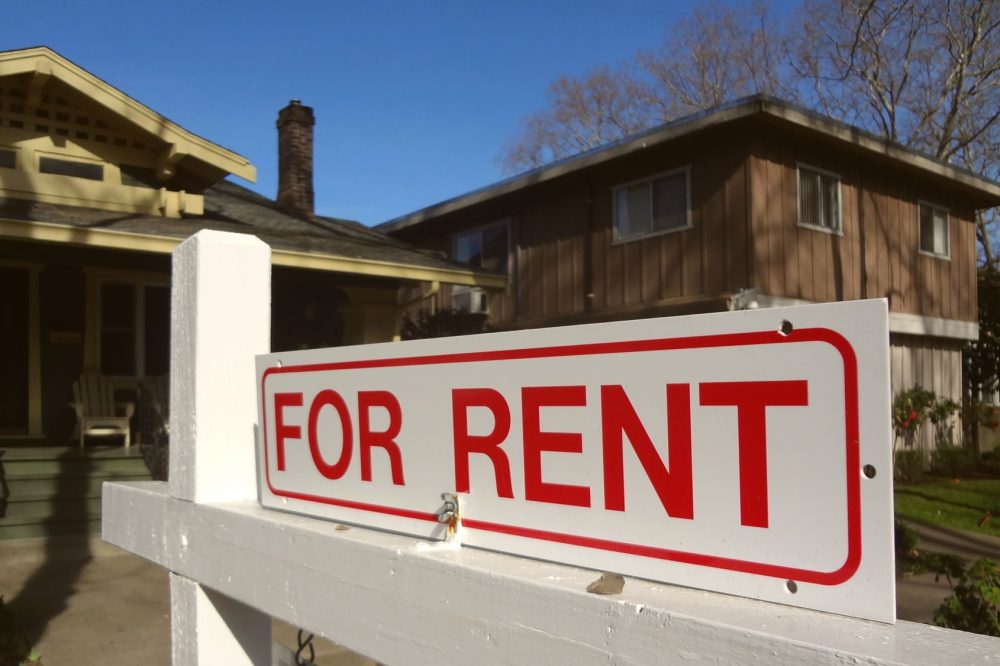
Laura and John's Story
“I remember my mom sitting down and going over a credit card statement with me and showing me … what you’re paying in interest and how long it’s going to take you if you only pay the minimum balance to pay it off.”
When John was arrested, he was working full-time while his wife Laura was a full-time student and working part-time. Laura’s part-time job only accounted for 20% of the household income. They decided to hire a private attorney, and Laura’s parents financed this expense from their savings, their 401(k), and borrowing from Laura’s father’s business. Laura moved in with her parents and spent most of her wages paying her parents back for their loan.
Throughout the process, Laura managed complex financial decisions:
- Laura borrowed $27,000 from her parents for John’s legal fees and restitution.
- Laura gave up their home, moved back in with her parents in another state, quit school, and started working full-time in order to pay her parents back.
- Laura also sent $25 almost weekly to John’s commissary and phone account.
Thanks in large part to Laura’s family’s support, Laura and John were able to more easily navigate the impact of John’s incarceration.
More Stories of Justice-Involved Individuals
Employment Challenges
Once justice-involved individuals re-enter society, there are numerous barriers to gain employment that often force them to make difficult decisions.
Impact of Incarceration on Families
After a family member or loved one is arrested, their households are forced to juggle financial responsibilities, including staggering bills and missing payments.
Managing Financial Obligations
Once justice-involved individuals are released from jail or court, they are still not released from their financial obligations to the criminal justice system.
Managing the Initial Financial Shock
Justice-involved individuals and their families face a number of expenses that can create financial strains immediately after arrest, including posting bail and hiring legal representation.
Financial Health and Criminal Justice: The Stories of Justice-Involved Individuals and Their Families
This is one of five areas explored in our report “Financial Health and Criminal Justice.”


